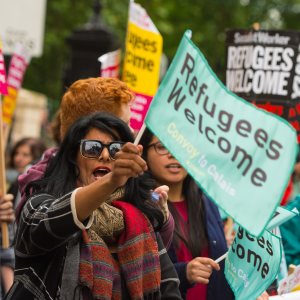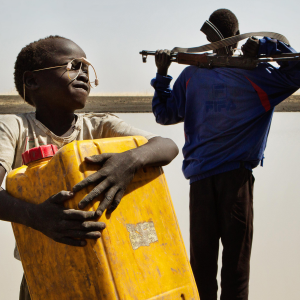Catholic bishops in South Sudan have rejected violence, while recommitting to work for peace and reconciliation in the war scarred nation, the newest in the African continent.
In the latest message, the bishops have highlighted a range of issues including civilians hope and encouragement, child soldiers, the conduct of the army and the government of national unity.
High on the statement, the bishops have castigated the killing of Sr. Veronika Theresia Rackova, the Slovakian missionary doctor who was shot in Yei town while driving an ambulance, but later died in Nairobi where she had been airlifted for treatment.
“Attacking medical personnel is a war crime and crime against humanity, but Sr. Veronika is only one of the thousands of women, men and children who have been killed in this senseless conflict. Let her death draw attention to and be symbolic of all those other deaths,” said the bishops’ message released after a meeting in Juba City from 14-16 June.
Sr. Rackova’s attackers have since been arrested, a development the bishop say is encouraging, but the leaders are concerned that the armed forces are poorly disciplined, trained and are a poorly educated militia, which is prey on civilians rather than protecting them as a disciplined force.
“We urge the formation of a single professional national army that we can be proud of, to defend our borders against external enemies, but not to kill our brothers and sisters,” the bishops stresses.
They have also emphasised that violence has never been the solution to problems since it only begets more violence.
The clerics also challenge what they term as the “militaristic culture” of south Sudan where more civilians where carrying guns, stressed the need for a peaceful disarmament of civilians across the country.
“We condemn the arms trade which provide these weapons…. We abhor the fact that thousands of young men are carrying the arms when we don’t have enough money to provide basic services to our people,” said bishops. “This is a misuse of resources.”
The leaders said they are concerns about the plight of child soldiers. In 2015, UNICEF said an estimated 15,000 to 16,000 had been recruited by the armed forces and militia groups to fight in the country’s newest war.
“We are appalled to hear reports that there are still many child soldiers. We beg that lives of our children be spared, let them prepare for their future through education, rather than being trapped in violence,” the bishops said.
Of concern is a regrettable amount of negativity and pessimism that is heard from the nationals, the international community, the media and the social media, leaders say.
“Stop assuming that South Sudan and South Sudanese are doomed always to fail, and instead give support and encouragement. Stop disseminating hate speech and tribalism on the internet and social media, and instead spread constructive peace messages,” said the bishops.
For them, the formation of the government of national unity has given the country a window of opportunity and a breathing space for South Sudanese to find home-grown solutions to the root cause of the country’s conflict.
“Our nation is still fragile, but this is the time for reform and reconstruction,” said the Bishops, who stress that the future their nation is not founded on political military leaders alone.




 Loading ...
Loading ...